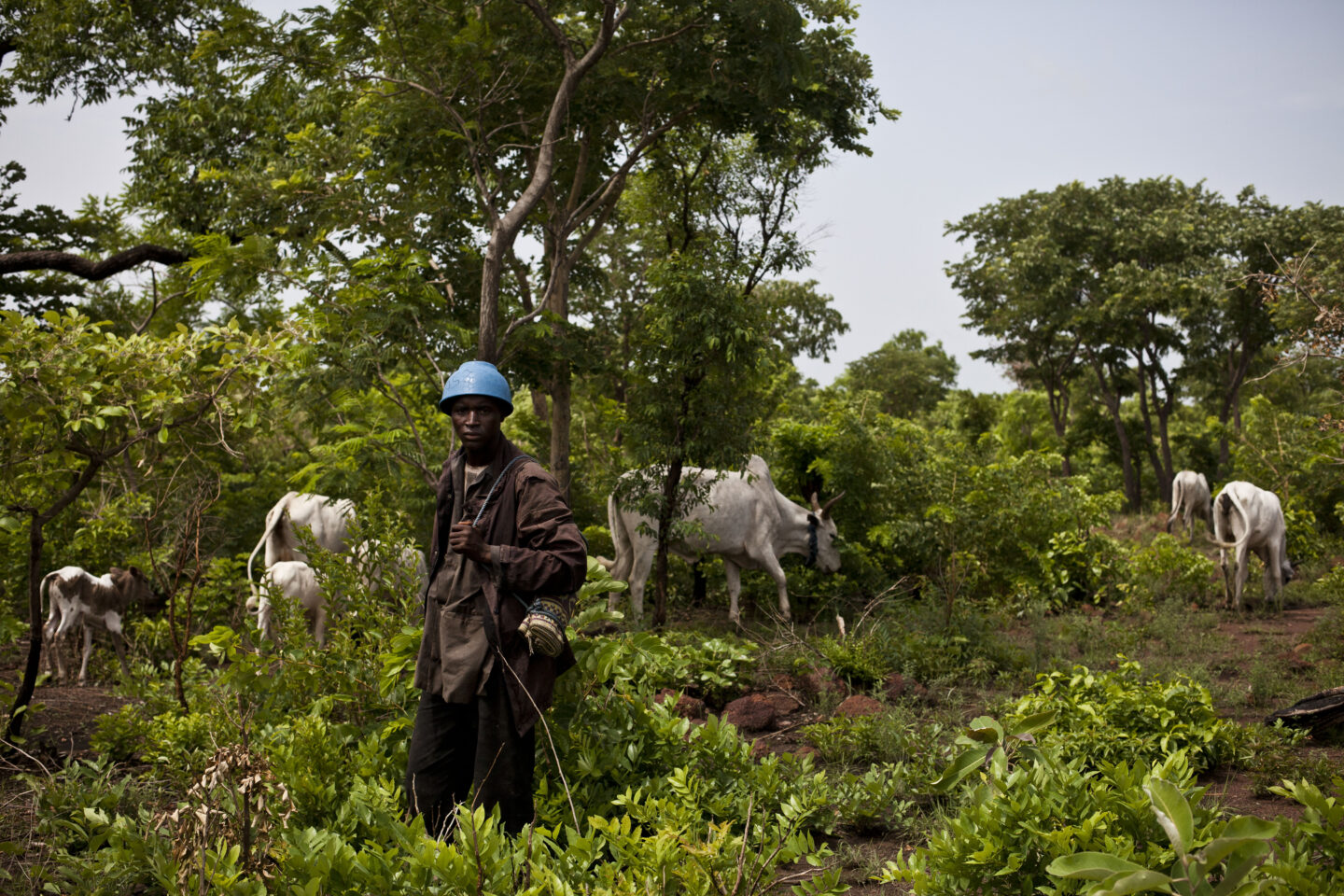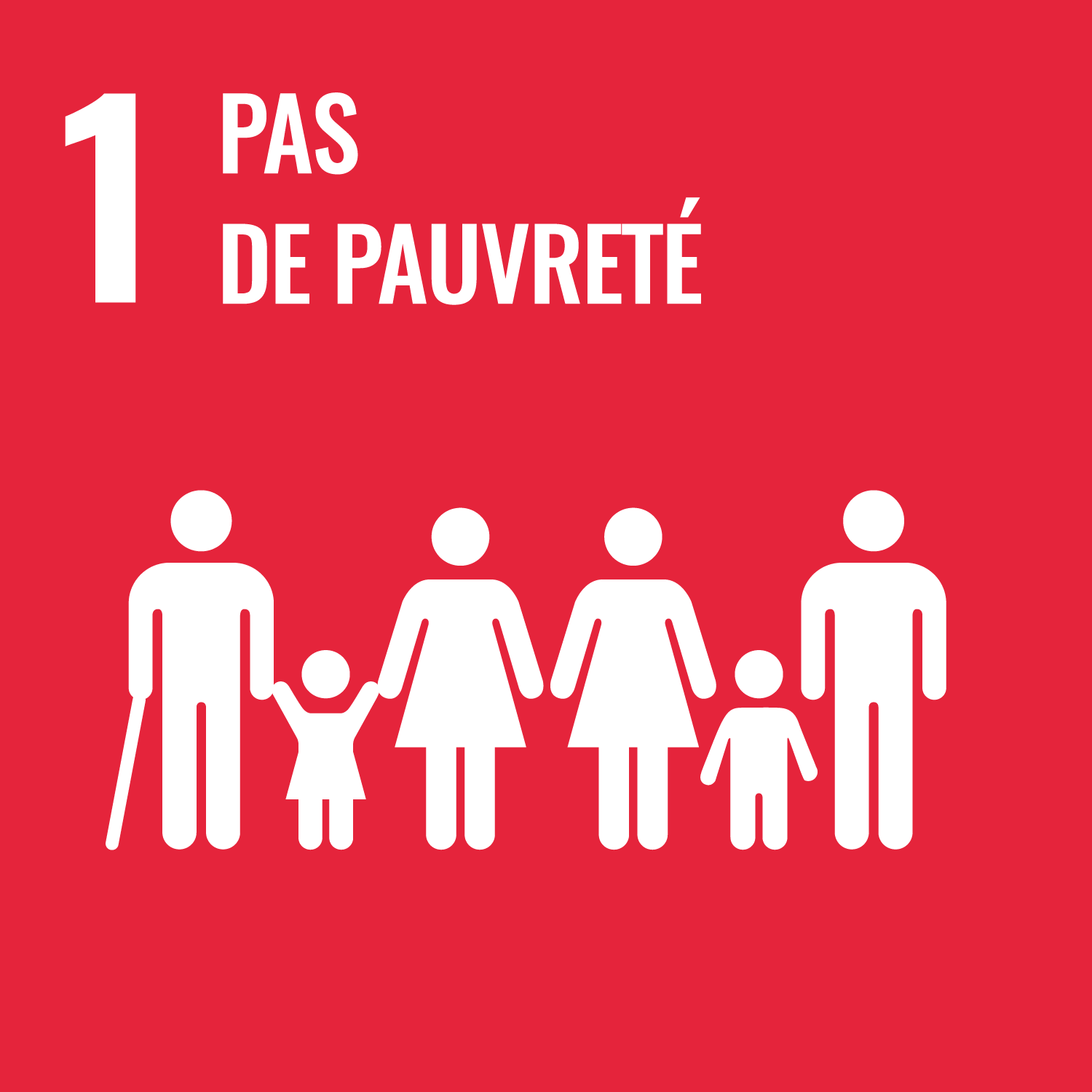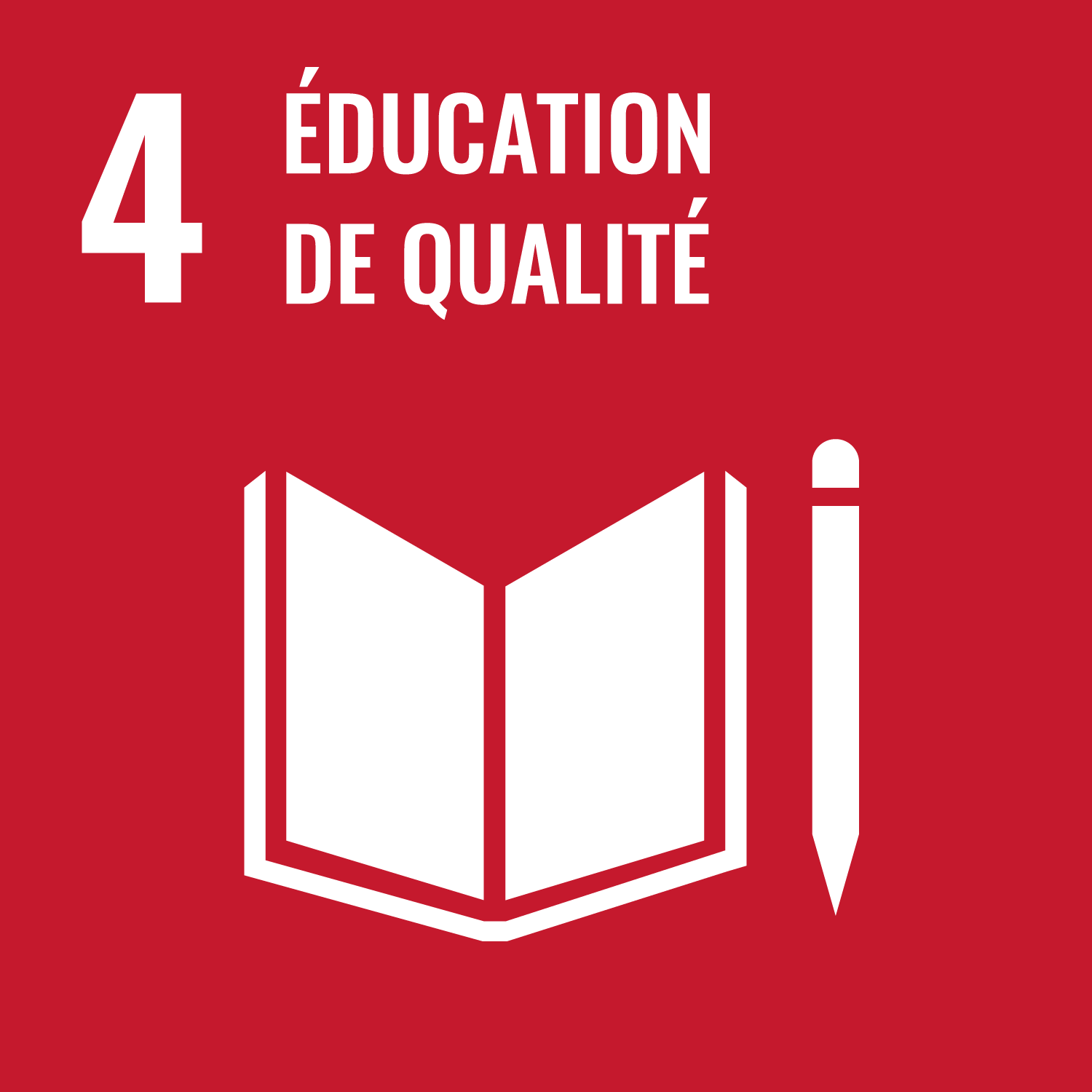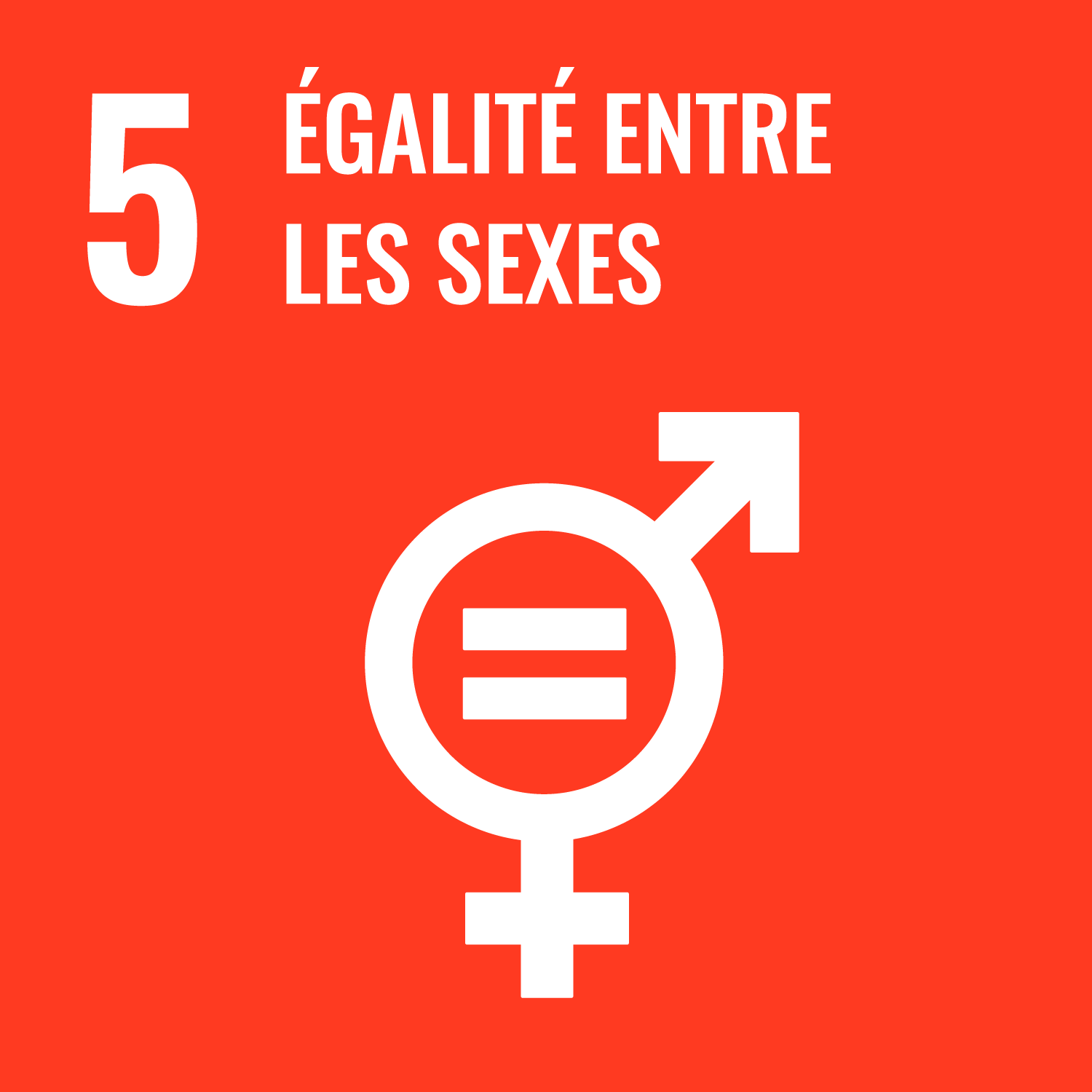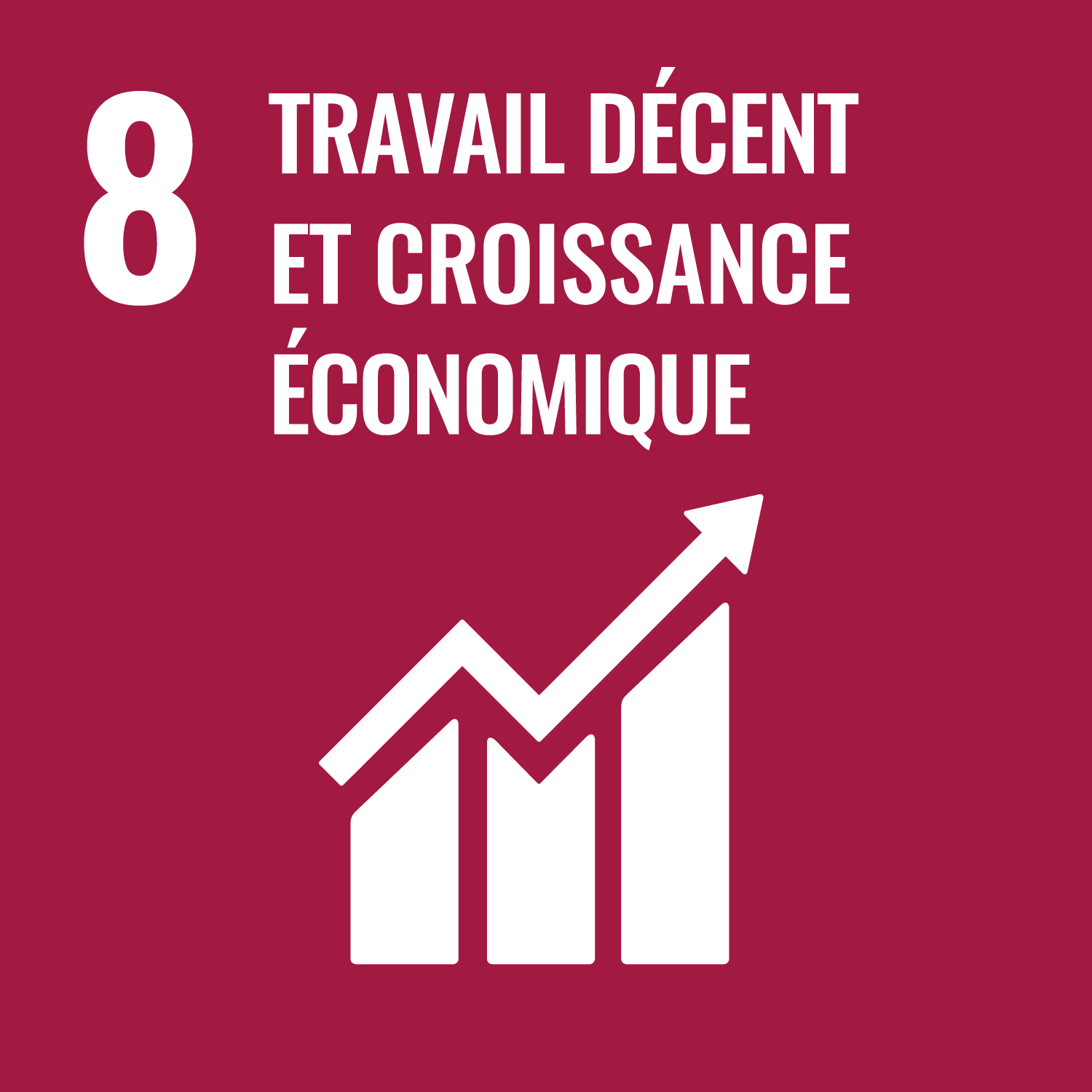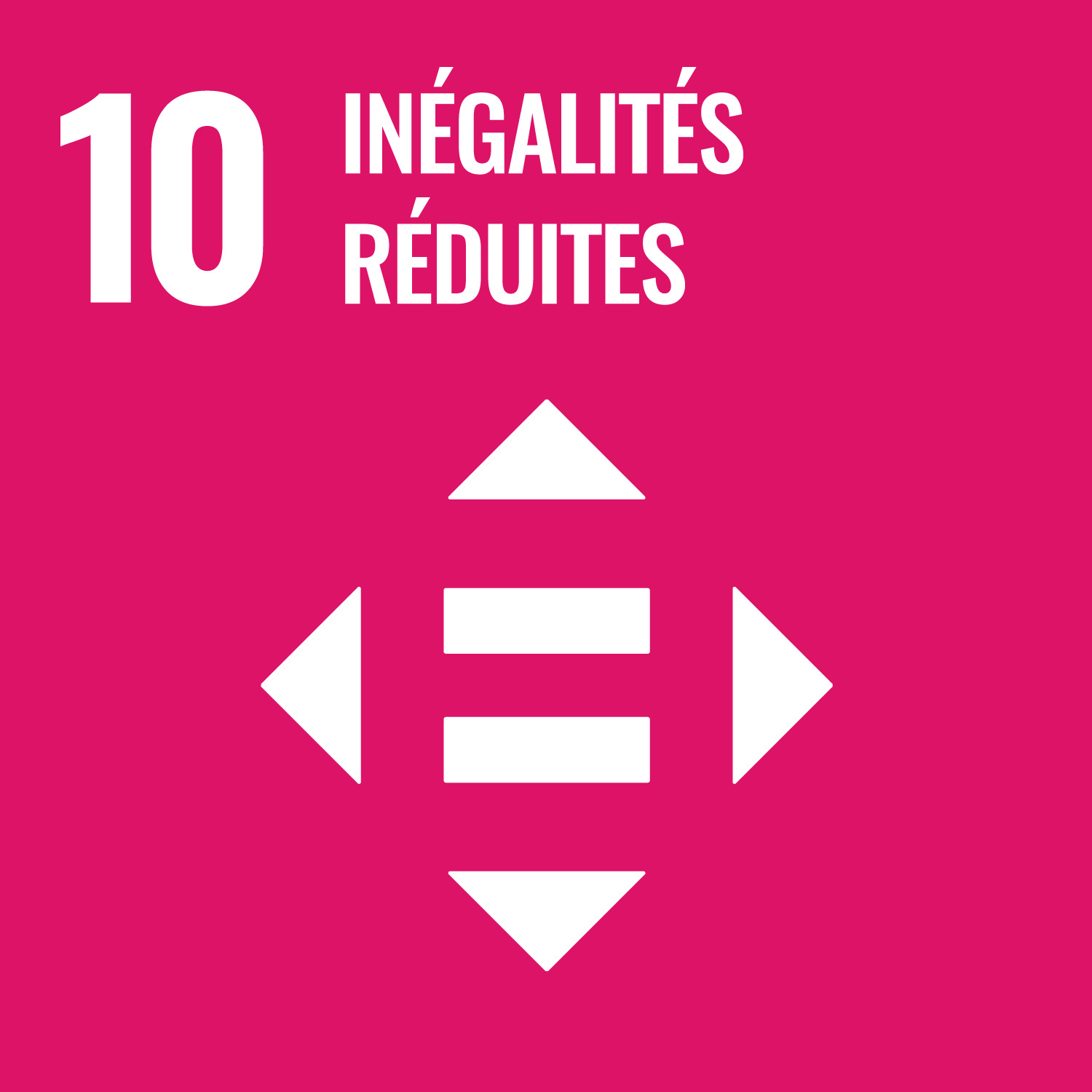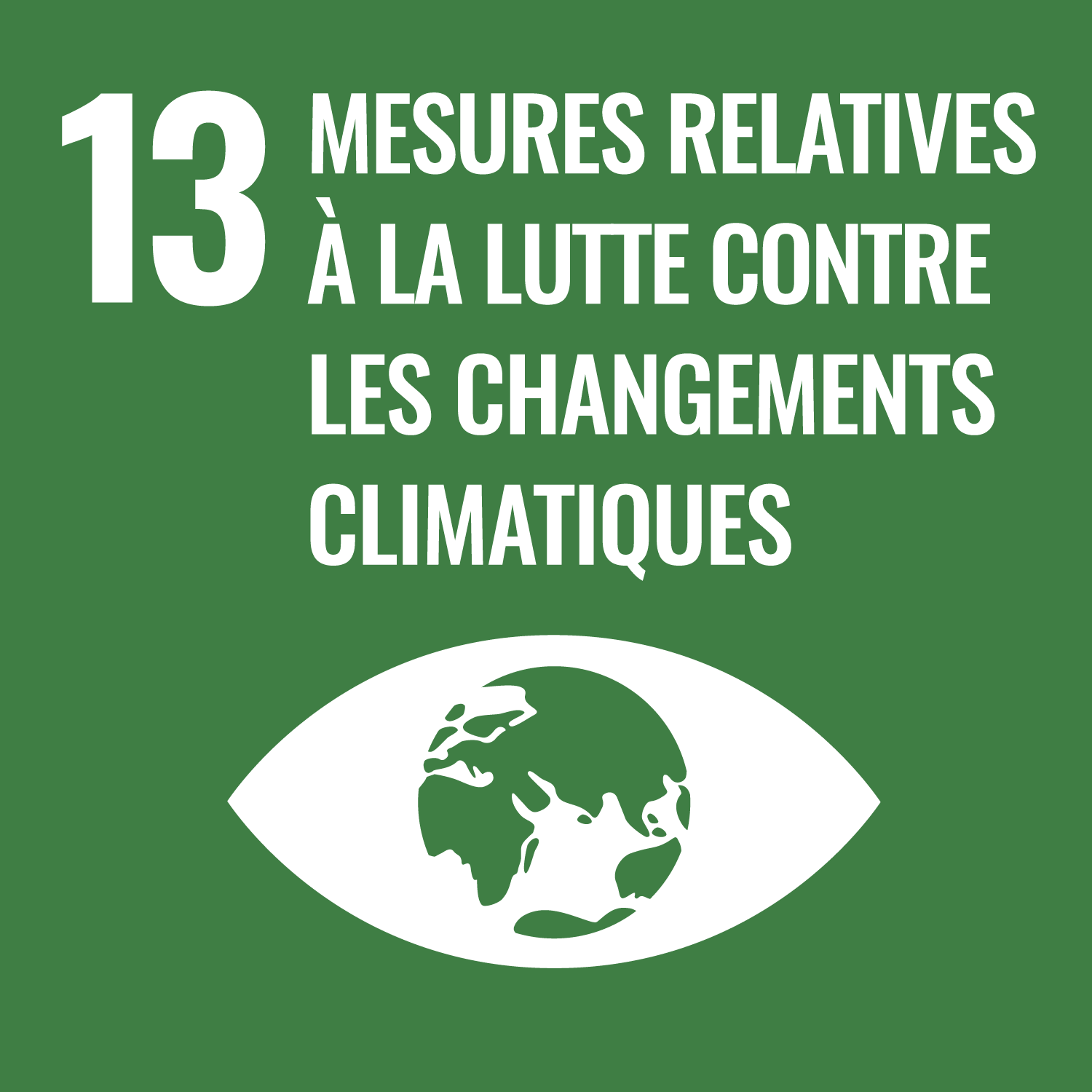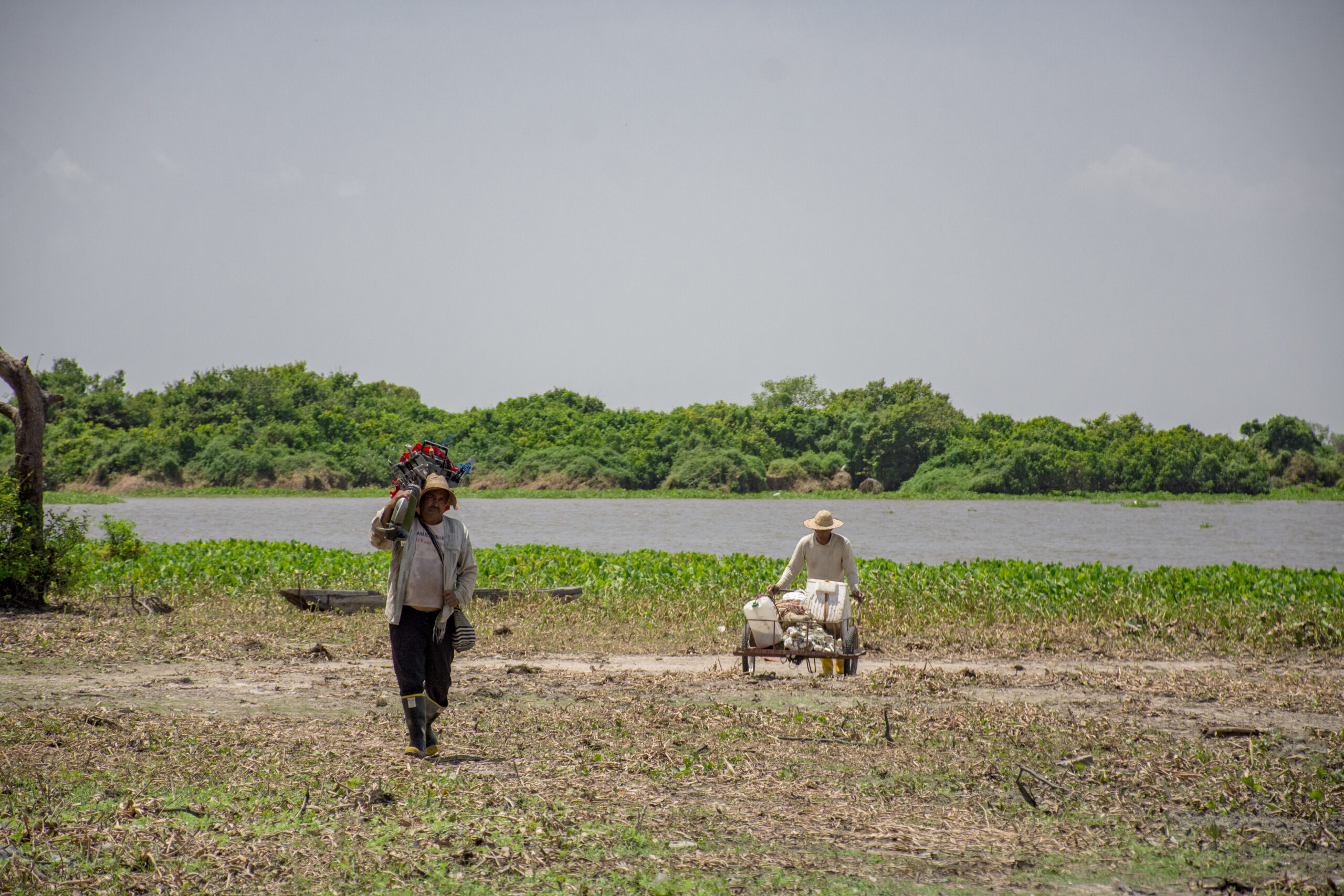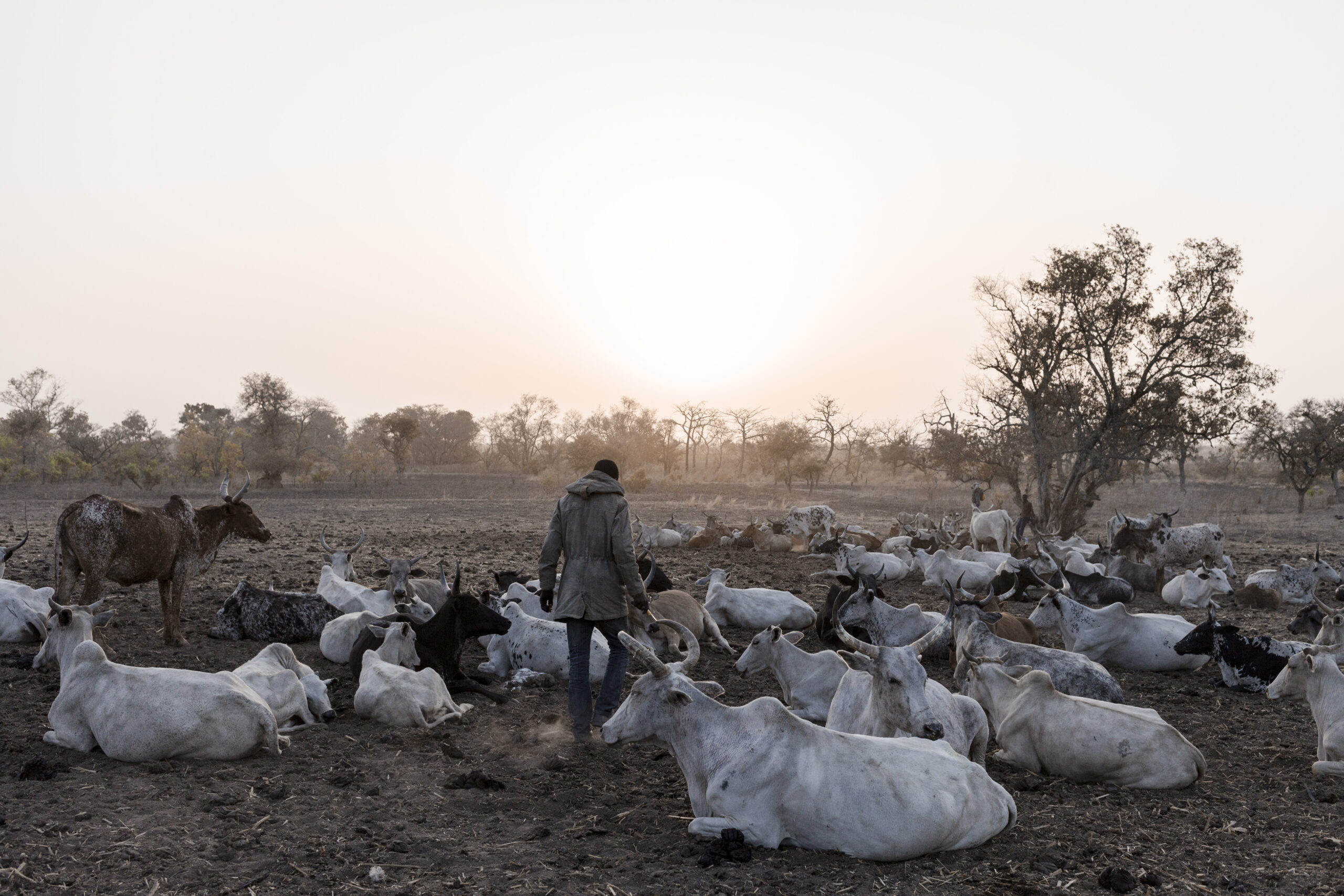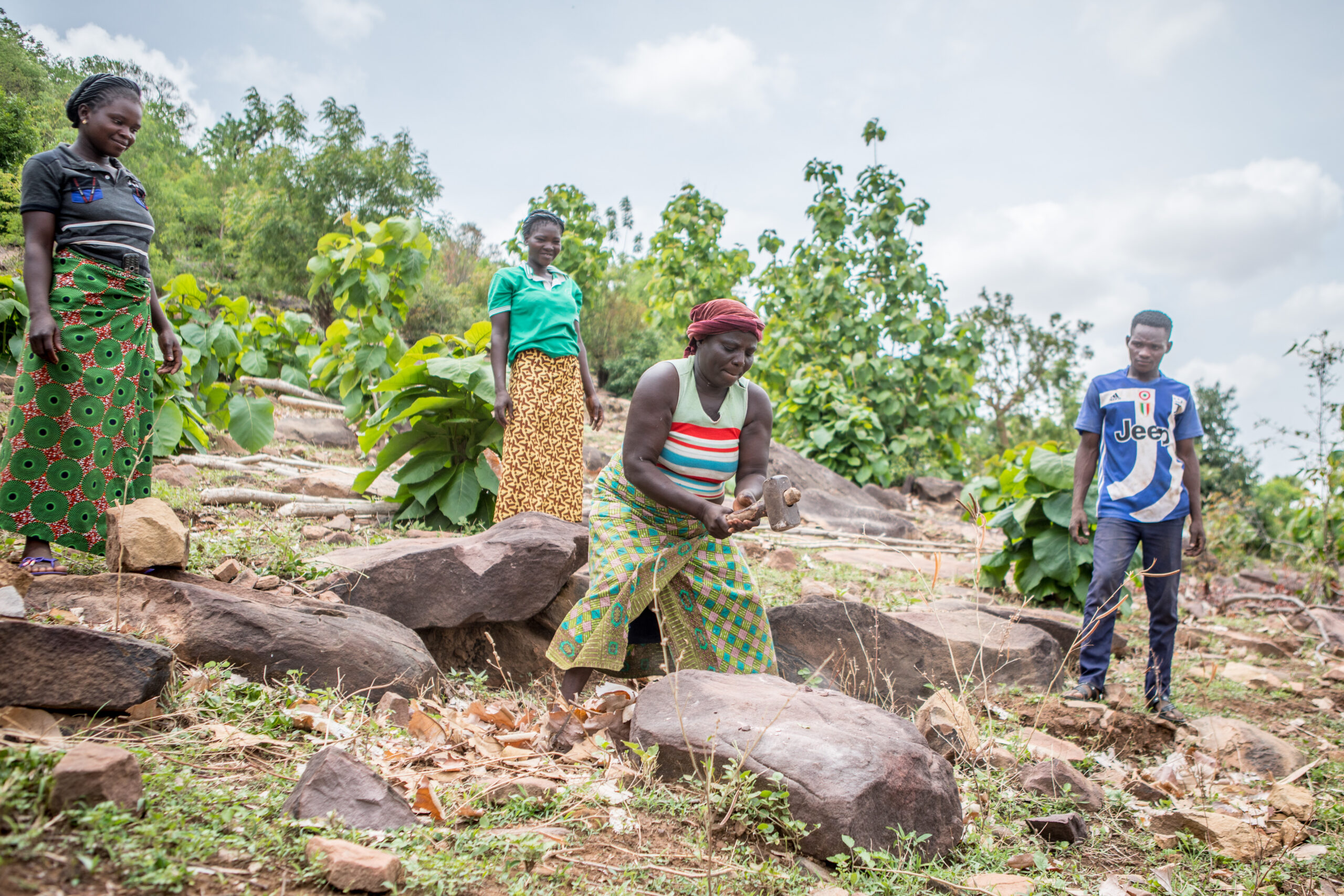| PARCS Project: Support Project for Strengthening Social Cohesion in Strategic Cross-Border Territories |
Supporting the inclusive socio-economic development of cross-border territories
Context
The PARCS project is operating Benin, in Burkina Faso, in Ghana and in Togo, in a context marked by a sharp deterioration in security and by the problem of youth employability. The lack of accessible training opportunities tailored to the employment markets in these regions means that young people cannot benefit from solid professional and social integration. However, the socio-economic integration of young people is a major issue, as their inability to see themselves in the future and their lack of prospects for the future expose them to a wide range of forms of violence.
Non-State Armed Groups (NSAGs), particularly in Burkina Faso, exploit conflicts over the management of natural resources, particularly between farmers and livestock breeders. This instrumentalisation amplifies tensions and conflicts, limits the mobility of livestock and thus increases the pressure on resources. In addition, local authorities, and in particular representatives of local communities, are not systematically and fully involved in the various interventions on their territory.
The action
The PARCS project aims to strengthen the resilience of young people and livestock farmers and facilitate their participation in decision-making. Its specific objective is therefore to support the inclusive socio-economic development of these areas.
In all the cross-border areas targeted by the PARCS project, social cohesion is undermined by the lack of prospects for young people and by the deterioration in exchanges between farmers and stockbreeders. By offering a range of training courses tailored to local needs in construction and agriculture, the project offers young people prospects. By providing training and information tools on local issues, the project strengthens understanding and mastery of local issues and consolidates a community of interests that goes beyond communities of belonging or age groups. Lastly, by involving social groups that are often excluded (farmers, young people) in the decision-making process, and by ensuring an institutional base at the level of local authorities and their groupings, the project strengthens social cohesion and will enable the economic development of these strategic cross-border territories.
The PARCS project will
- Strengthen social cohesion and economic development in these strategic cross-border areas.
- Make it easier to understand and master the issues facing the area and consolidate a community of interests that transcends communities of belonging or age groups.
- Strengthen the training available in these areas (construction and agriculture) and facilitate access to training for young people.
- Guaranteeing local development by making young people more employable, by increasing and diversifying the training on offer and supporting entrepreneurship.
- Involve social groups that are often excluded (livestock farmers, young people, women) in decision-making and ensure that they are institutionally anchored at the level of local authorities and their groupings.
- Providing training and information tools on the issues at stake in the regions (positive economic spin-offs from the livestock-meat sector, understanding the rationale behind mobility, tools for monitoring the integration of young people) and supporting informed, multi-stakeholder governance of the regions through the introduction of decision-making tools.
Key indicators and impacts of the PARCS project
- Around 10,000 people, including at least 30% women, from marginalised social groups excluded from consultation and decision-making forums, and from local authorities, will benefit directly from the project;
- At least 100,000 people in the project areas will benefit indirectly from the project, through social and community reinvestment resulting from increased tax revenues from commercial agro-pastoral infrastructure and the creation of jobs for young people;
- 360 young people are receiving training in sustainable agriculture, building and public works (masonry, tiling, plastering, plumbing, electricity) and entrepreneurial support;
- 80% of young people who have completed their training are employed (salaried or self-employed) in agriculture or construction 6 months after completing their training;
- 3 systems for monitoring and analysing agropastoralism and vocational training issues are operational;
- 5 public or private vocational training centres are receiving support in the form of equipment and training materials;
- 14 training sessions organised in the building and public works and sustainable agriculture sectors;
- At least 3 training camps organised;
- 20 micro-businesses created, with monthly monitoring of each young person throughout the project and the setting up of a fund dedicated to the professional integration of young people;
- 8 training courses for local authority technical departments (training in budget analysis and the inclusion of social clauses in public works contracts);
- 56 community watch relays, 28 dialogue forums set up and at least 8 databases created (integration and dynamics of the livestock sector);
- Establishment or consolidation of at least 4 monitoring and analysis systems at regional level;
- Holding of 9 training and professional integration committees.
